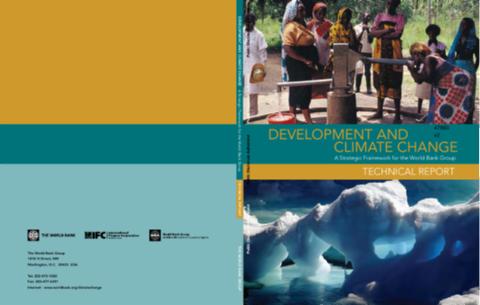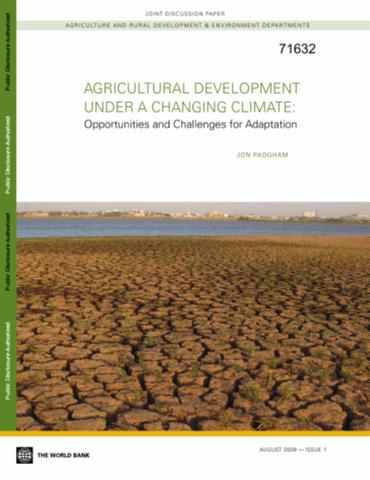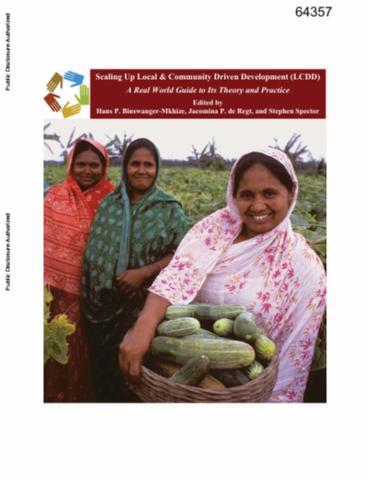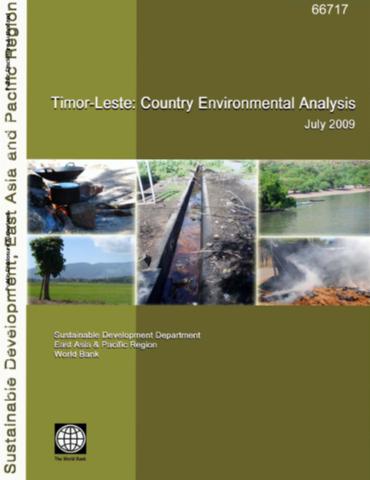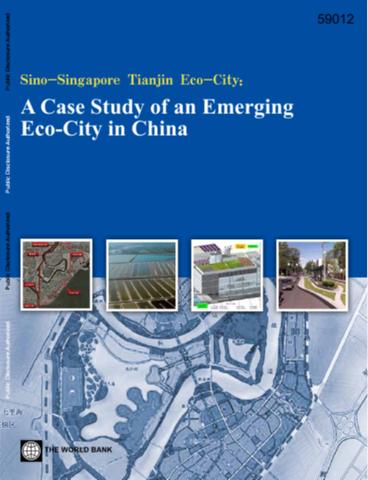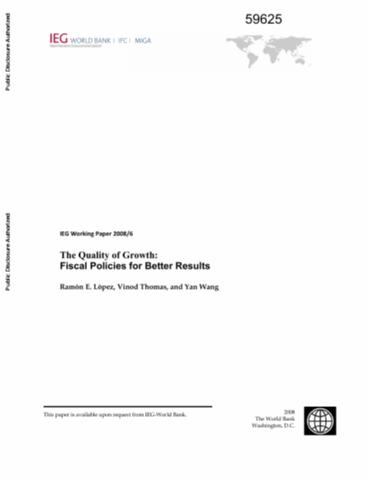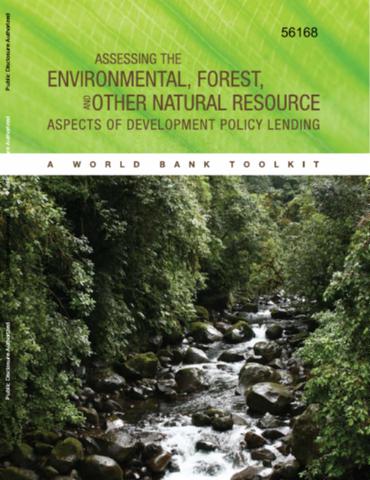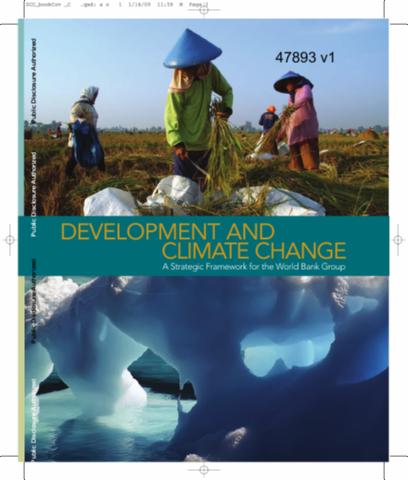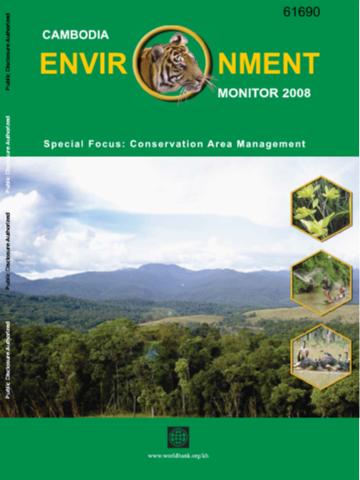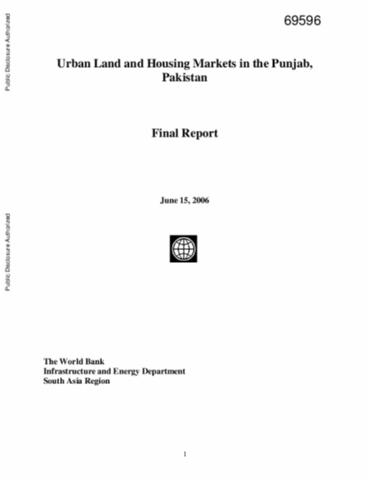Development and Climate Change
This strategic framework serves to guide and support the operational response of the World Bank Group (WBG) to new development challenges posed by global climate change. Unabated, climate change threatens to reverse hard-earned development gains. The poorest countries and communities will suffer the earliest and the most. Yet they depend on actions by other nations, developed and developing. While climate change is an added cost and risk to development, a well-designed and implemented global climate policy can also bring new economic opportunities to developing countries.

